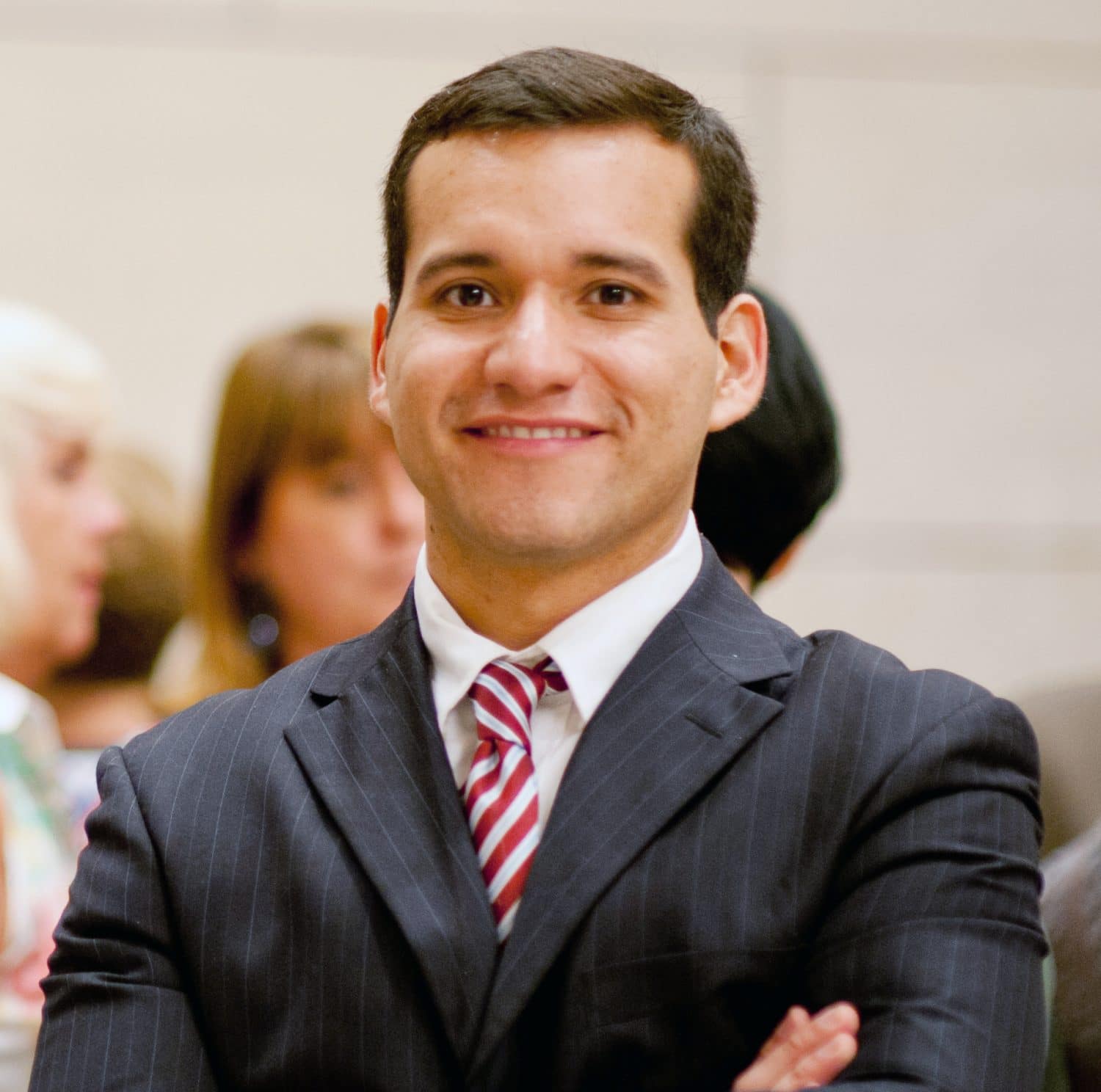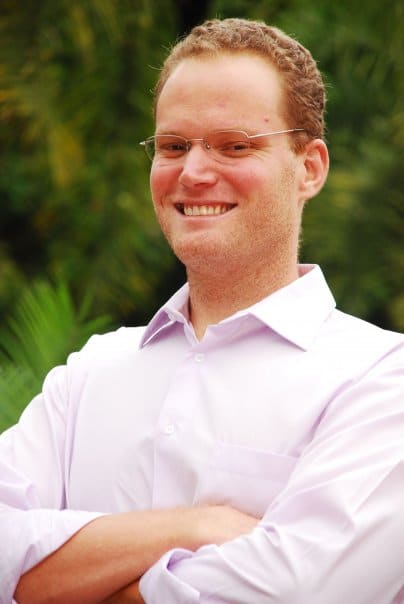What is language proficiency after all? (Part 2)
Most language teachers have an operating definition of proficiency, even if it is not a very conscious one. In the first part of this post, three different views of the term came to light. Proficiency can be the last stage in a language acquisition journey, hence “certificate of proficiency”. It can also be a set of stages or degrees, the proficiency levelS. Finally, we talk of proficiency in certain tasks or domains, as ESP practitioners would probably frame the concept: proficient FOR some things or IN some areas, but not others. Come to think of it, perhaps they are not competing definitions of proficiency but rather different ways of looking at the same phenomenon.
However, in all those cases, proficiency seems to be a relatively stable capacity an individual has. But we are not discussing proficiency in carpentry or computer coding here. We are talking about communication. And when it comes to language, it takes (at least) two to tango.
The thing is we are all very Vygotskyan till it shakes our foundational beliefs. We may all say we believe in negotiation of meaning, but in this time of the year, just before we deck the halls with boughs of holly, La La La La La La La, we change 180 degrees. When it is the jolly time for end-of-year assessments, we gladly take up the role of the doctor (external expert) that will diagnose the disease or health (an inner quality) in the patient (nothing to do with us): “Say 33. Mmmm. Go aaahhhh. I see. This is not good.”
Assessing students’ proficiency like that is so second nature to us teachers that up to this day I struggle to problematize this view. On the other hand, if we are going to coconstruct meaning in interaction, if the way I react to a text can be galaxies apart from your response to it, why on earth do we still think of proficiency as a fixed objectifiable characteristic in somebody else? If I affect the way people speak and the way they sound to me, how can I label THEM as proficient or not so proficient?
Case in point: the nurse from Hong Kong. McNamara (1997) tells the cautionary tale of an immigrant nurse in Australia who dialed the other floor of the hospital to request that a doctor be sent downstairs. The person who answered the phone was a xenophobic health professional, who hung up the phone because she allegedly could not understand her coworker’s English. The patient perished. Whose (lack of) proficiency was it after all?
Proficiency is slippery, hard to get hold of. Maybe it is not solid, but rather liquid. The view we can have of somebody’s proficiency depends on our joint performance, and that will be shaped by each interaction and its myriad of factors (Is there background noise? Is anybody tired? How does s/he feel about me or the subject? Does s/he wish to be forthcoming?). And when you think you know what that proficiency is like, it will spill, move, dilate, retract. It just won’t let you pin it down. Language proficiency is so very human after all.
******************************************************
This post has been influenced by discussions with my teachers and peers and also the reading of the following texts:
Bauman, Z. (2000). Modernidade líquida. Rio de Janeiro: Zahar.
Canagarajah, S. (2013). Translingual practice: Global Englishes and cosmopolitan relations. London: Routledge.
McNamara, T. (1997). ‘Interaction’ in second language performance assessment: Whose performance? Applied Linguistics, 18 (4), 446-466.
Scaramucci, M.V. (2000). Proficiência em LE: Considerações terminológicas e conceituais. Trabalhos em Linguística Aplicada, 36, pp. 11-22.






